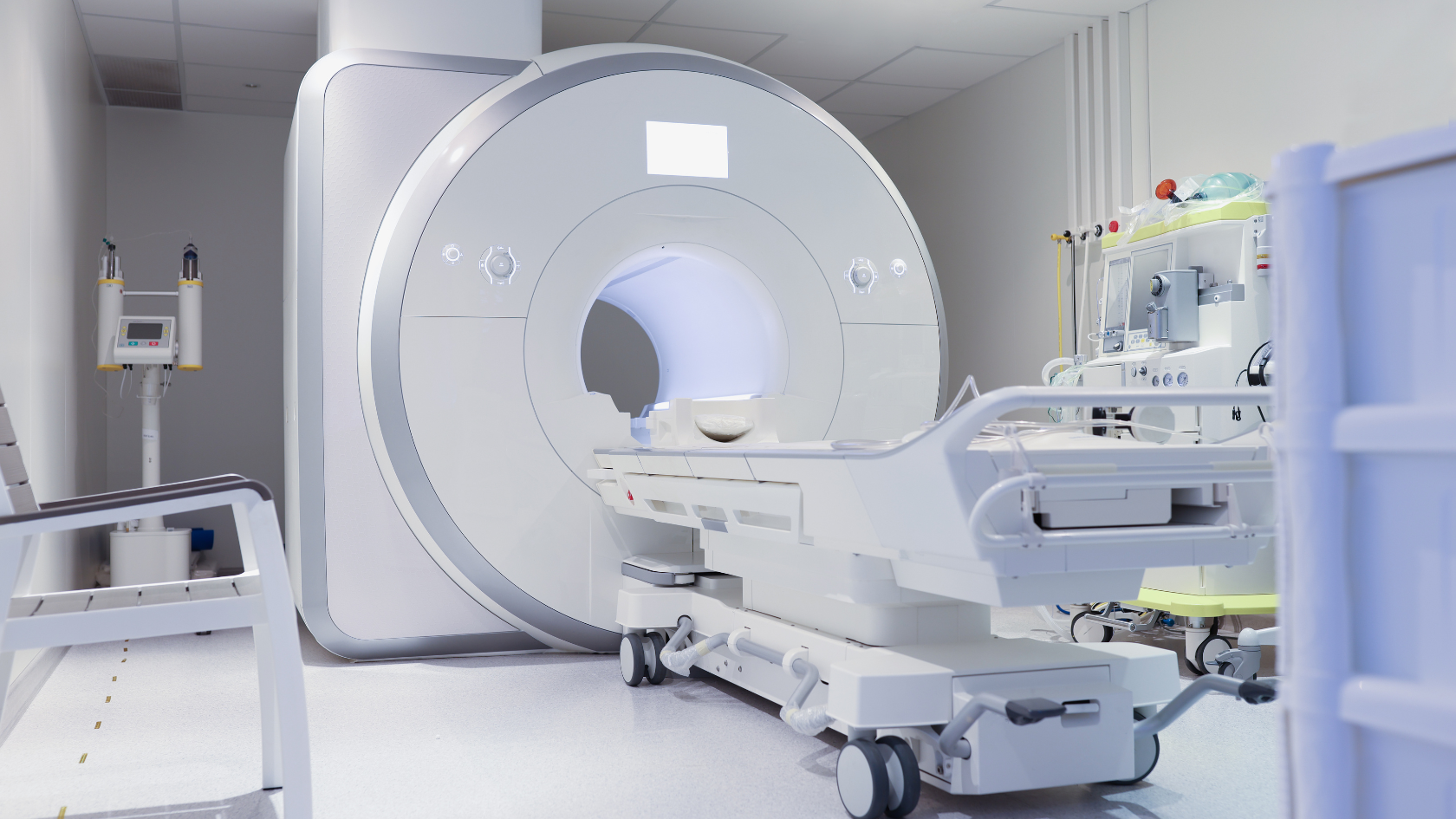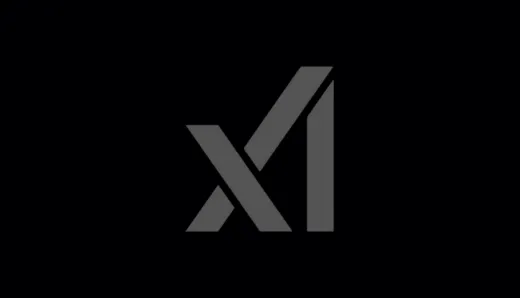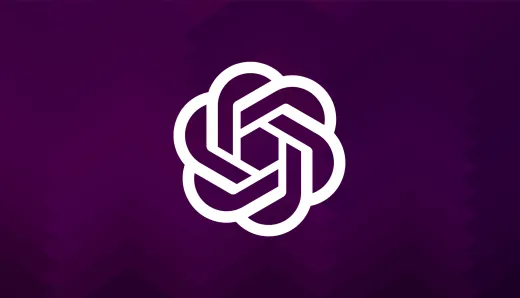Elon Musk’s Grok AI Set to Transform Medical Imaging

In an unprecedented move, Elon Musk is once again pushing the boundaries of artificial intelligence, this time aiming to reshape the medical field through Grok, an AI chatbot developed by his company xAI. On Tuesday, Musk encouraged users on X (formerly Twitter) to submit their medical scans—X-rays, MRIs, and PET scans—for analysis by Grok. He claims that, while Grok’s capabilities are still in early development, it already provides an impressive level of diagnostic accuracy and will only improve over time.
Musk’s latest endeavor could herald a new age of AI in healthcare, promising to accelerate diagnosis and extend high-quality medical guidance to remote and underserved communities. According to Dr. Marc Siegel, a clinical professor of medicine at NYU Langone Health, AI like Grok represents the “future of medicine” by providing access to diagnostic insights that can bridge healthcare gaps.
A New Frontier for Medical Diagnostics
The introduction of Grok to medical diagnostics comes at a time when AI is beginning to establish a foothold in healthcare. Advanced AI models, such as Grok, are capable of parsing complex medical data and delivering insights that have the potential to expedite critical care. As AI technology learns from large datasets, including patient scans, it is increasingly capable of mimicking or even exceeding human diagnostic abilities.
With more people submitting images, Grok’s machine-learning algorithms will have access to a vast repository of real-world data, continuously improving its diagnostic accuracy. As Musk highlighted, feedback on where Grok “gets it right or needs work” is essential for refining its capabilities. This crowdsourced approach could propel the model’s growth much faster than traditional methods, effectively allowing AI to "learn" medicine through patient data.
Why Doctor’s Expertise Is Still Essential
Despite Grok’s emerging capabilities, medical experts urge a balanced approach. Dr. Harvey Castro, an emergency medicine physician and AI specialist, describes Grok’s potential in the medical field as “promising yet complex.” Quick and precise diagnoses are often critical, especially in emergencies, and AI could support this process in significant ways. However, Castro stresses that AI should act as a complementary tool rather than a standalone solution.
Medical AI, according to both Castro and Siegel, must be carefully overseen by human professionals to ensure accuracy and accountability. A reliable “human in the loop” remains essential, especially given the complexities of healthcare, where patient care often involves nuanced clinical decisions. Doctors can interpret AI-driven recommendations with the context and empathy that an algorithm cannot provide.
Balancing Innovation and Caution
While Musk’s vision for AI in healthcare has transformative potential, it also raises important questions about privacy, data security, and ethical oversight. Medical scans contain sensitive patient data, and both experts stress the importance of strict data protection standards to ensure patient safety and trust. Dr. Siegel emphasizes that, though AI could serve as an “autopilot for medicine,” ethical oversight, transparency, and validation against established medical standards are vital.
AI-powered tools like Grok could also help ease the burden on healthcare systems, especially in areas with limited access to trained radiologists and specialists. This technology has the potential to close gaps in healthcare accessibility, enabling faster diagnostics for patients in underserved regions. By working hand-in-hand with doctors, AI could democratize access to high-quality medical analysis and contribute to more equitable healthcare.
The Road Ahead for Medical AI
As with any transformative technology, there are challenges to address. AI in healthcare demands the highest standards of accuracy and reliability to handle life-impacting information. Experts advise that Grok and similar tools should complement, not replace, human medical expertise to achieve the best patient outcomes.
The success of Musk’s vision rests on maintaining ethical standards, clear data protection policies, and a commitment to responsible innovation. Medical AI like Grok can be a powerful asset in augmenting the capabilities of healthcare providers, but it’s crucial to balance technological advancements with patient trust and safety.
The future of AI in healthcare is just beginning, and we’re excited to bring you the latest updates. Don’t miss out on groundbreaking stories in tech and medicine—subscribe to our page for news, insights, and expert analysis.




